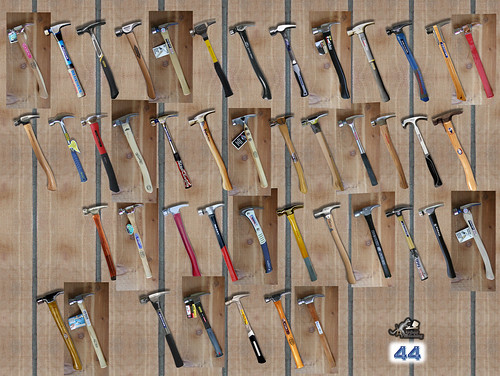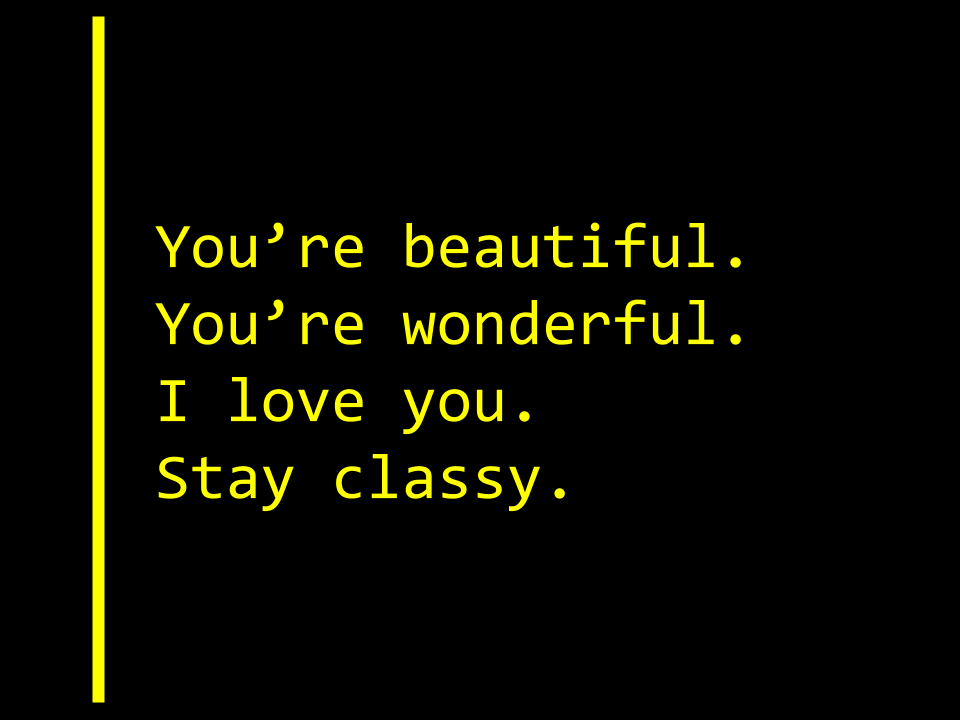46: What does it mean “to adult”? #LifeWideLearning16 @MrChase
— Ben Wilkoff (@bhwilkoff) February 15, 2016
I’m glad childhood is a thing. For the longest time it wasn’t. When people aren’t expected to live very long, it seems inappropriate to demarcate a certain part of a lifespan as protected. Then, starting in the 17th century, folks in the “western” world were living longer and John Locke gave us childhood. We haven’t Locke(d) back. Sorry.
From childhood grew adolescence. (Thanks, Piaget.)
Now, setting aside for the moment the newish idea of late adolescence, we have childhood, adolescence, and adulthood. While puberty provides an (awkward) transition from childhood to adolescence that coincides with the rituals of many cultures, the transition from adolescence to adulthood lacks such an obvious physiological transition.
Enter, adulting.
My first adulting was early – filing my 1040-EZ form on my own. It was followed by setting up appointments with my academic advisor, finding a roommate to join me as we ventured out of the dorms in college, and a host of other small steps toward being the version of me who could stand on his own.
Adulting isn’t the same as growing up. Growing up carries with it the implicit sense of being a mature person. Adulting, on the other hand, gives the sense of dipping one’s toe in adulthood without taking on all the responsibilities the full transition would entail. Adulting sounds like a costume or set of clothes you can take off Mr. Rogers-style when you’re finished with whatever adult task needed tending to.
Whenever I put on a suit for my day gig, I get a serious sense of adulting. I’m putting on the costume without fully feeling I’ve become all the worst characters in movies like Baby Boom, Joe Versus the Volcano, or The Hudsucker Proxy. Those folks put on the costume and couldn’t remember who they’d been before.
Adulting is a putting on, while growing up is a shedding. It’s what I saw time and again as my students were thrust into life events that pulled away from them the childish pieces of their identity, forcing them to deal with death, divorce, poverty, and any number of the darker aspects of adulting.
I’m pretty grown now. Life has happened, and I’m a week away from another birthday that will raise expectations one more year beyond my shoe size. Still, I’ve got a beach ball and a collection of legos at work. I brought an assortment of crayons to the office from my last trip. I’m still not adulting full-time.



 And, inveriably to myself…
And, inveriably to myself…


